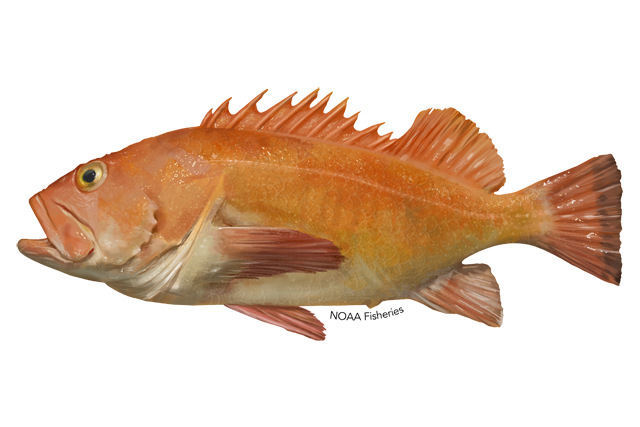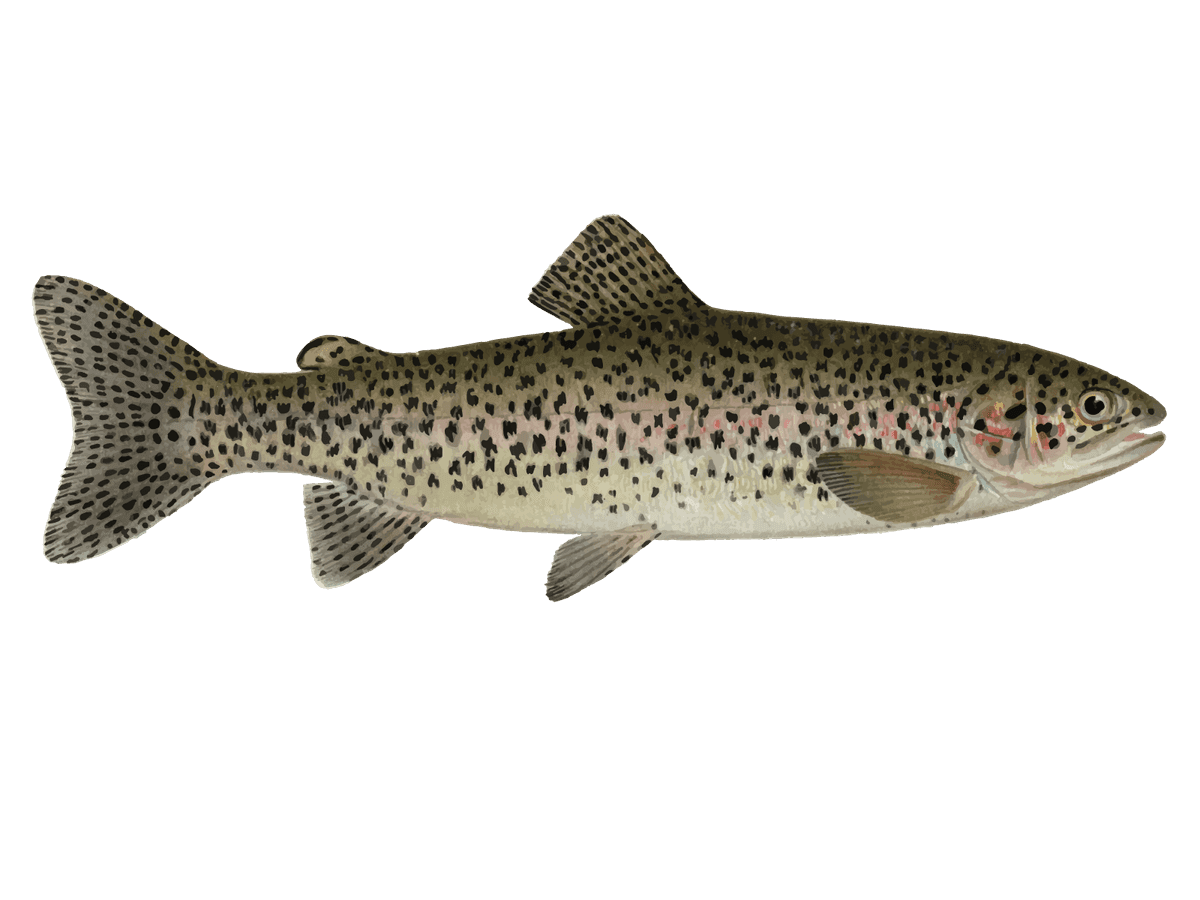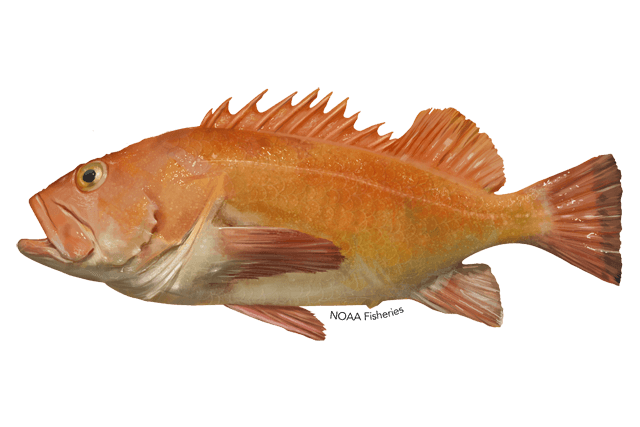/users/38f76131-9e2d-44f5-9d9a-bb2b7945fae2/ratecard/fishing-adventure-gold-hill1.jpg)
%2F300x300%2Fusers%2F38f76131-9e2d-44f5-9d9a-bb2b7945fae2%2Fratecard%2Ffishing-adventure-gold-hill1.jpg&w=256&q=75)
%2F300x300%2Fusers%2F38f76131-9e2d-44f5-9d9a-bb2b7945fae2%2Fimages%2Fangler-fishing-oregon-2308.png&w=256&q=75)
%2F300x300%2Fusers%2F38f76131-9e2d-44f5-9d9a-bb2b7945fae2%2Fimages%2Ffishing-oregon-2347.png&w=256&q=75)
%2F300x300%2Fusers%2F38f76131-9e2d-44f5-9d9a-bb2b7945fae2%2Fimages%2Ffishing-trio-oregon-2284.png&w=256&q=75)
%2F300x300%2Fusers%2F38f76131-9e2d-44f5-9d9a-bb2b7945fae2%2Fimages%2Fgreat-fishing-catch-oregon-2232.png&w=256&q=75)
%2F300x300%2Fusers%2F38f76131-9e2d-44f5-9d9a-bb2b7945fae2%2Fimages%2Ffisherman-catch-gold-hill-2432.png&w=256&q=75)
%2F300x300%2Fusers%2F38f76131-9e2d-44f5-9d9a-bb2b7945fae2%2Fimages%2Fepic-fishing-haul-oregon-2590.png&w=256&q=75)
%2F300x300%2Fusers%2F38f76131-9e2d-44f5-9d9a-bb2b7945fae2%2Fimages%2Fscenic-oregon-adventure-2294.png&w=256&q=75)
%2F300x300%2Fusers%2F38f76131-9e2d-44f5-9d9a-bb2b7945fae2%2Fimages%2Ffishing-gold-hill-2310.png&w=256&q=75)
%2F300x300%2Fusers%2F38f76131-9e2d-44f5-9d9a-bb2b7945fae2%2Fimages%2Ffishing-adventure-gold-hill-2499.png&w=256&q=75)
%2F300x300%2Fusers%2F38f76131-9e2d-44f5-9d9a-bb2b7945fae2%2Fimages%2Ffishing-adventure-or-2427.png&w=256&q=75)
Ultimate S. Oregon Crabbing & Salmon Adventure
What you will be catching:
 Chinook Salmon
Chinook Salmon Lingcod
Lingcod Steelhead Trout
Steelhead Trout Yelloweye Rockfish
Yelloweye Rockfish
- 8-10 hour combo fishing and crabbing experience for experienced anglers
- Target salmon across Umpqua, Rogue, and Chetco rivers with provided gear
- Expert guide service covers multiple prime Southern Oregon locations
Trip Pricing and Availabilities:
Trip pricing information is temporarily unavailable.
Pro Anglers' Dream: Crabbing & Salmon in Southern Oregon
Ready for a full day of non-stop fishing action? Matt Ford's Guide Service has cooked up the ultimate combo trip for serious anglers looking to max out their time on Southern Oregon's most productive waters. We're talking 8 to 10 hours of prime fishing and crabbing, hitting all the hotspots from the Umpqua to the Chetco. This ain't your average guided trip - it's tailored for folks who know their way around a rod and want to get after it.
What to Expect on the Water
We'll kick things off bright and early, loading up the boat with all the gear you need for a day of serious fishing. First stop? Dropping crab pots along the coast. While those little crustaceans are doing their thing, we'll hit the rivers hard. We're talking the North and South Umpqua, Southfork Coquille, Rogue River, Chetco, Elk, and Sixes - basically a who's who of Oregon's top fishing spots. You'll be working different techniques throughout the day, from bank fishing to trolling, depending on where the bite's hot. By the time we pull those crab pots, you'll have put in a full day's work (and hopefully have a full cooler to show for it).
Gearing Up for Success
Listen up, because this is important: we've got all the fishing and crabbing gear covered. That means top-notch rods, reels, lures, bait, and crab pots. What you need to bring is your A-game, a valid Oregon fishing license (don't forget that temporary licenses are available if you're from out of state), and enough grub and drinks to keep you fueled for a long day on the water. We're talking at least 8 hours, maybe pushing 10 if the fish are really biting. Oh, and pack some warm layers - Oregon weather can turn on a dime, especially out on the water.
Why Anglers Keep Coming Back
This trip is the real deal for serious fishermen. You're not just hitting one spot and calling it a day - we're covering serious ground to maximize your chances of a epic haul. Plus, the variety keeps things interesting. One minute you're battling a chrome-bright Chinook, the next you're pulling up a pot full of Dungeness crab. It's like a greatest hits tour of Southern Oregon fishing, all packed into one action-packed day. And let's be real, there's nothing quite like the satisfaction of ending the day with a cooler full of fresh-caught dinner.
Species You'll Want to Hook
Steelhead Trout: These sea-run rainbows are the crown jewel of Oregon rivers. Known for their acrobatic fights and stunning chrome sides, steelhead can range from 5 to 15 pounds. Winter-run fish start showing up in December, with the action peaking in January and February. They're notoriously challenging, which is why landing one is such a badge of honor among anglers.
Lingcod: Don't let the name fool you - these aren't cod at all, but a type of greenling. They're aggressive predators with a face only a mother could love (seriously, check out those teeth). Lingcod hang out near rocky structures and can grow up to 5 feet long, though most catches are in the 10 to 20 pound range. They put up a great fight and make for some of the best fish tacos you'll ever have.
Yelloweye Rockfish: These long-lived bottom dwellers are prized for their bright orange-red color and delicious white flesh. They can live up to 120 years old (yes, you read that right) and grow over 3 feet long. Yelloweye are slow to mature, so there are strict catch limits to protect the population. When you do land one, it's a real trophy - both for the photo op and the dinner plate.
Chinook Salmon: The king of Pacific salmon, Chinook (also called king salmon) are the heavyweights of the river. Fall-run fish start showing up in August, with some monsters pushing 50 pounds or more. They're known for their rich, oily flesh and put up an incredible fight. Hooking into a big Chinook is like trying to stop a freight train - it'll test your arms and your drag system.
Time to Book Your Spot
Look, if you're the type of angler who wants to squeeze every last drop out of a day on the water, this is the trip for you. We're hitting multiple prime fishing spots, setting crab pots, and covering more ground in a day than most folks do in a week. Just remember, spots fill up fast, especially during peak seasons. And that deposit? It's non-refundable, so make sure you're committed before you pull the trigger. But trust me, once you've experienced a day like this, you'll be itching to get back out there. So what are you waiting for? Grab your license, pack your cooler, and let's make some fishing memories that'll last a lifetime.
Learn more about the species
Chinook Salmon
Chinook, or King salmon, are the heavyweights of the Pacific salmon world. These bruisers can top 50 pounds, though 15-30 pounders are more common in our waters. They're in our rivers from spring through fall, with peak runs varying by stream. Look for them in deep holes, current seams, and around structure. Chinooks are prized for their rich, fatty meat and powerful fights. When hooked, they'll often make blistering runs and go airborne. To target them, we'll use a mix of techniques – back-bouncing roe, pulling plugs, or drifting bait. Here's a local secret: on sunny days, try using UV-reactive lures or adding a splash of fluorescent dye to your bait. It can make a big difference. Landing a big Chinook is an experience you won't soon forget.

Lingcod
Lingcod are some of the ugliest, meanest fish you'll ever catch – and that's what makes them so fun. These ambush predators can grow up to 5 feet long and 70 pounds, though most are in the 10-30 pound range. You'll find them lurking around rocky structures and reefs from 30 to 300 feet deep. They're not picky eaters, so big jigs, live bait, or even whole fish work well. Lingcod fishing is best in winter and early spring when they move to shallower water to spawn. These fish put up a great fight and make excellent table fare. Here's a tip: when you hook one, keep tension on the line and get it away from the bottom fast. If you give a lingcod any slack, it'll dive right back into its rocky lair and you'll lose your catch.

Steelhead Trout
Steelhead are the sea-run cousins of rainbow trout, typically ranging from 5-30 pounds. They're known for their acrobatic fights and can be found in our coastal rivers from fall through spring. Look for them in deeper pools and runs, especially after a good rain. These fish are prized for both their sporting quality and taste. To boost your chances, try drifting egg patterns or swinging flies in likely holding spots. A local trick is to use a two-fly setup with a stonefly nymph as the top fly and a smaller nymph or egg pattern as the dropper. Remember, steelhead can be finicky, so patience and persistence are key. There's nothing quite like the rush of hooking into one of these chrome-bright beauties on a crisp Oregon morning.

Yelloweye Rockfish
Yelloweye rockfish are deep-water monsters, known for their bright orange-red color and distinctive yellow eyes. They're slow-growing and can live over 100 years, reaching sizes up to 35 pounds. You'll find them in rocky habitats from 300 to 1,000 feet deep. These fish are a real trophy, both for their rarity and their excellent eating quality. However, due to overfishing concerns, there are strict regulations on catching yelloweye. We often encounter them while fishing for other bottom species. If you do hook one, be prepared for a strong, steady fight as you reel it up from the depths. A word of caution: these fish suffer from barotrauma when brought up quickly, so we use special descending devices to safely release them. It's all about preserving the fishery for future generations.

About the Willy's Boat
%2F%2Fusers%2F38f76131-9e2d-44f5-9d9a-bb2b7945fae2%2Fvehicle_picture%2Fscreenshot2024-11-08075057.png&w=1200&q=75)
Vehicle Guest Capacity: 3
Manufacturer Name: Yamaha
Maximum Cruising Speed: 10
Number of Engines: 1
Horsepower per Engine: 10
%2Ffit-in%2F250x250%2Fguide_websites%2F19628%2Fimages%2F1731037808594matt-fords-logo.png&w=1200&q=100)
